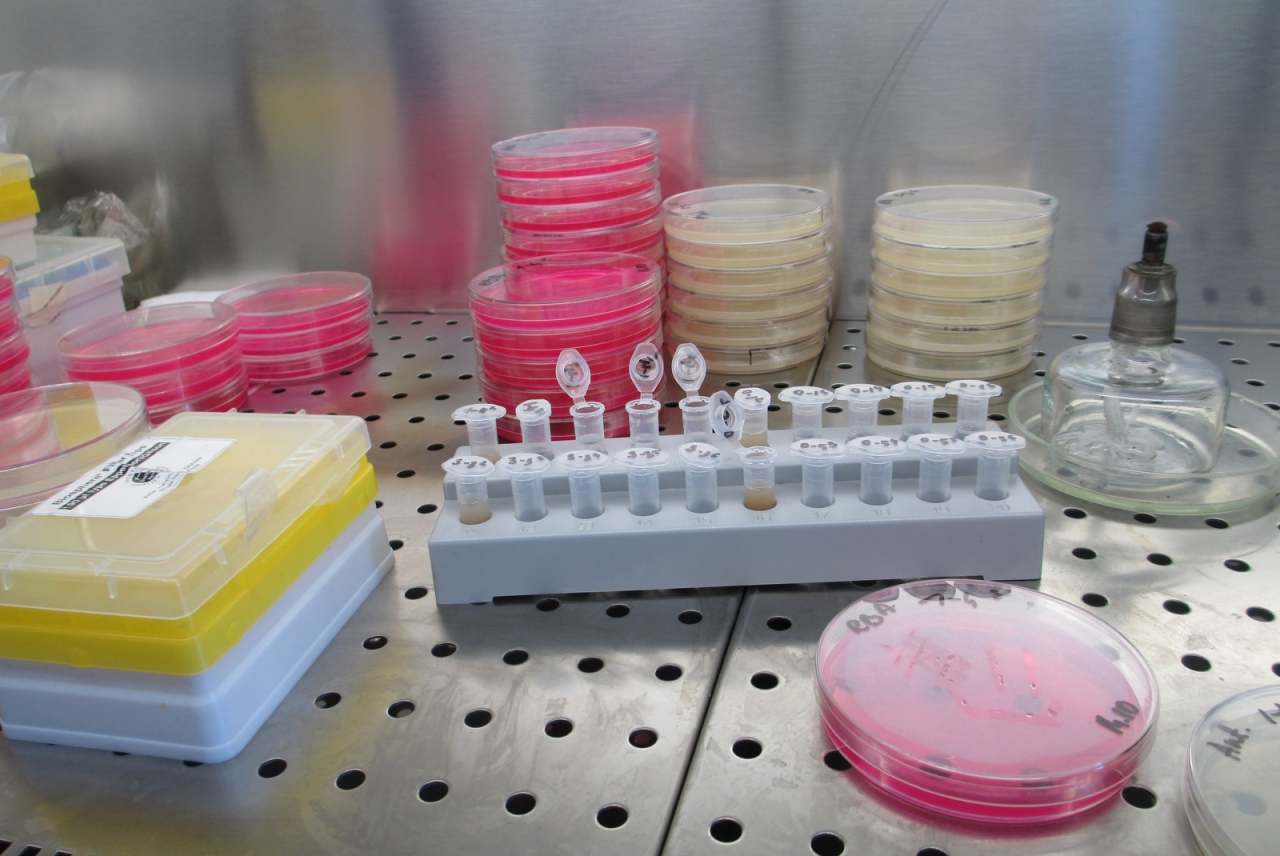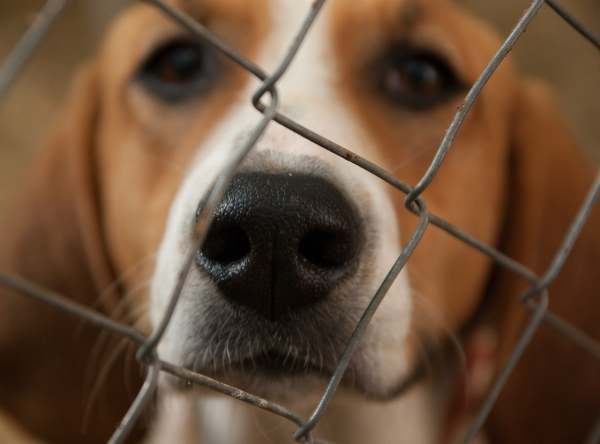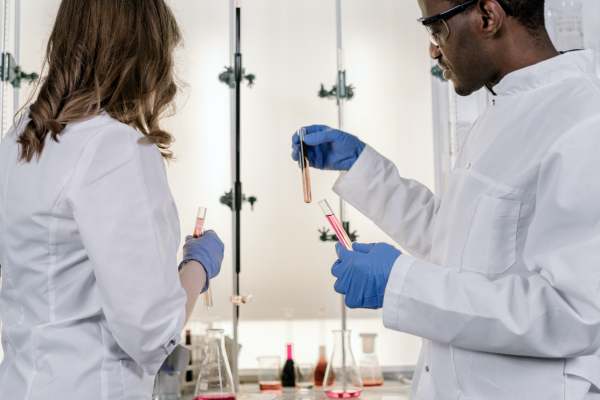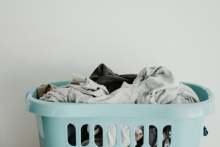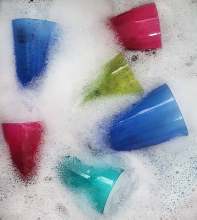How Ethical Consumer rates companies on animal testing
Ethical Consumer rates all companies that are involved in cosmetics, pharmaceuticals, animal nutrition, and household, toiletries and cleaning products on their approach to animal testing.
We don’t rate companies on whether or not they test on animals because few consumer-facing brands do test on animals. Instead, we rate them on how much effort they are putting in to reduce the risk of animal testing occurring in their supply chain. Read more about why we do this in our summary about animal testing.
Updated animal testing policy rating
In October 2021 we updated our animal testing policy rating. We rate large companies as follows.
Best rating
We expect companies to have a fixed cut-off date that applies to both own-brand and retailed products if they are to receive our best rating. If all its products are certified by one of the certification schemes which require a fixed cut-off date, this therefore scores a best. Leaping Bunny certification meets this requirement if it applies to the whole company group.
Middle rating
There are three ways to receive a middle rating.
- Having a fixed cut off date that only applies to own-brand products but not retailed products
- Having a non-animal testing policy that specifically mentions ingredients as opposed to only final products. While this is less stringent than a fixed cut off date, it does demonstrate an awareness by the company that they do not want suppliers to carry out testing on animals on their behalf.
- Having all products certified by Peta, Vegan Society, Vegetarian Society, or Soil Association.
Worst
If none of the above criteria are met, it's considered to have not made significant effort to reduce the risk of animal testing and receives a worst rating.
Small companies
We’re more lenient with small companies because you often have to pay to get certified by animal rights/ welfare organisations, plus it takes time and administration efforts that small companies may not have capacity for. When starting a business, it can also take time to recognise which strong policies are needed and to develop them.
For this reason, we also give small companies a middle rating if they have a general, albeit vague, statement against animal testing e.g. describing their range as ‘cruelty free’.
The can receive an exemption and get a best rating if they have a statement against animal testing which discusses ingredients; or have all products certified by any animal rights organisation that discusses ingredients.
Check whether certification applies to own-brand and/or retailed products
If you want to go the extra mile you could only buy from companies that refuse to retail any products that are implicated in animal testing, even if they’re not own-brand.
When we rate companies on their animal testing policies, we expect them to not only be talking about own-brand products but also products that they retail.
For example, John Lewis has a strong non-animal testing policy for own-brand products, but its policy doesn’t apply to non own-brand products. It still retails products which have been criticised for animal testing involvement, such as Estée Lauder and Clarins.
